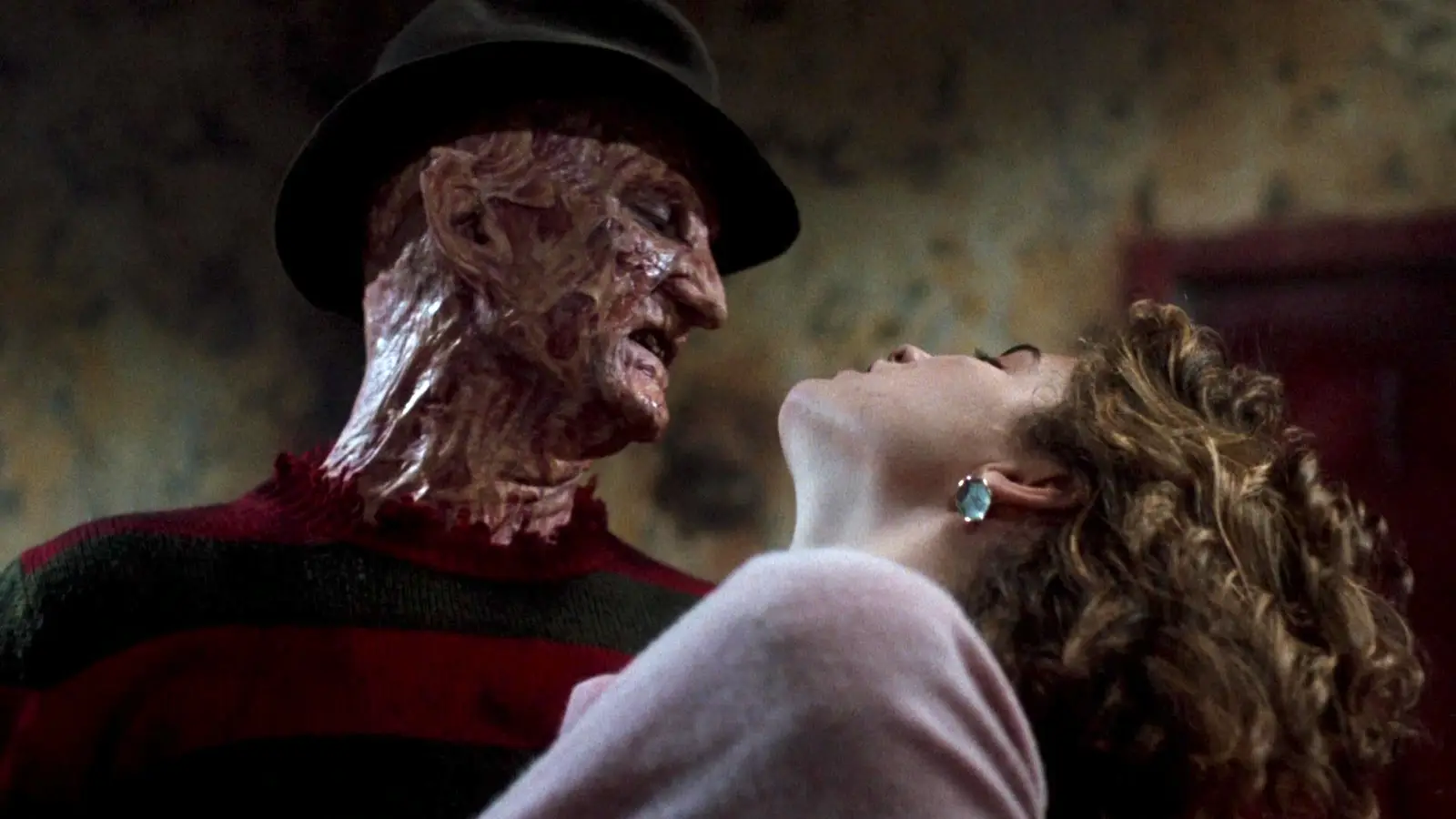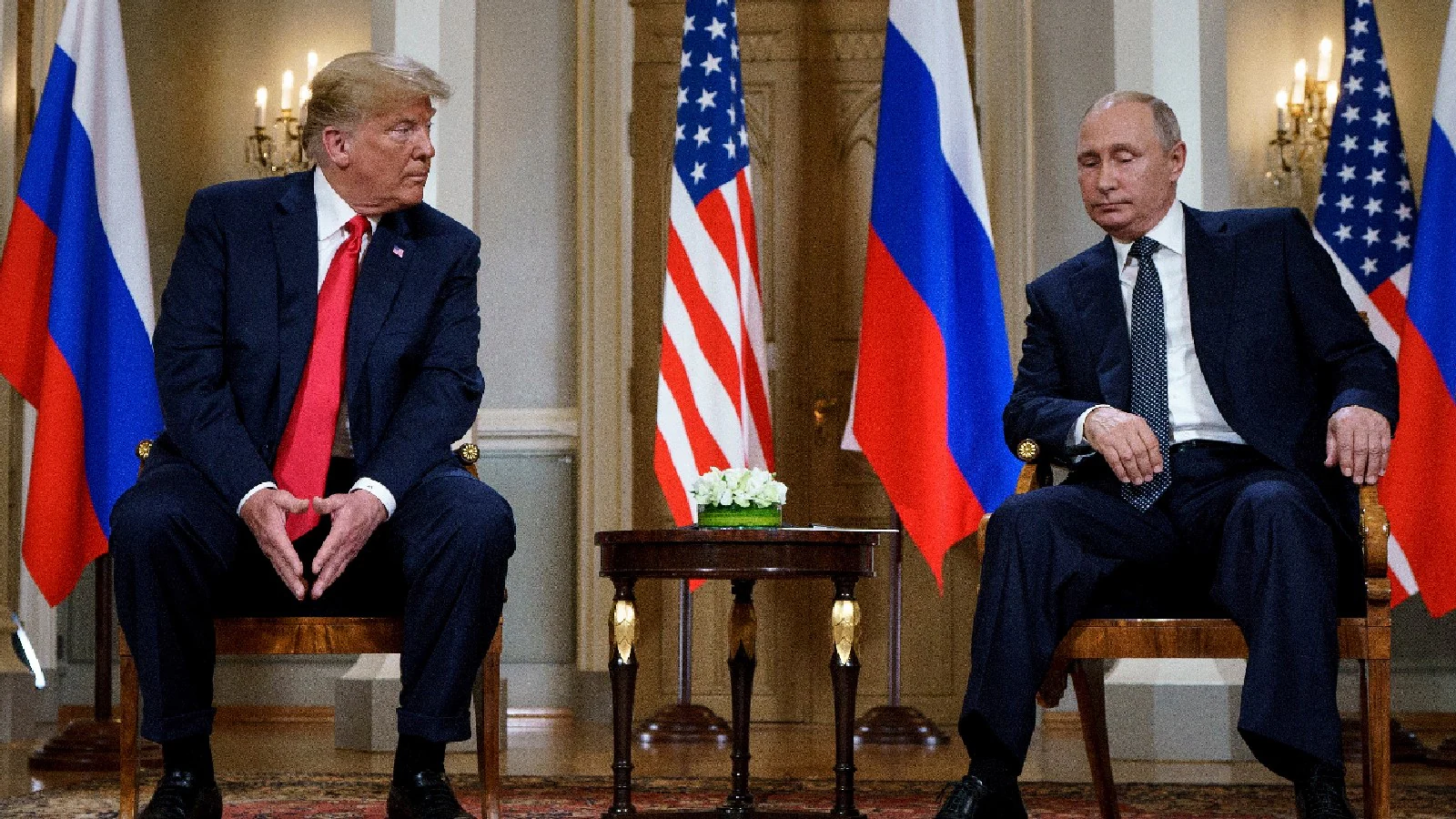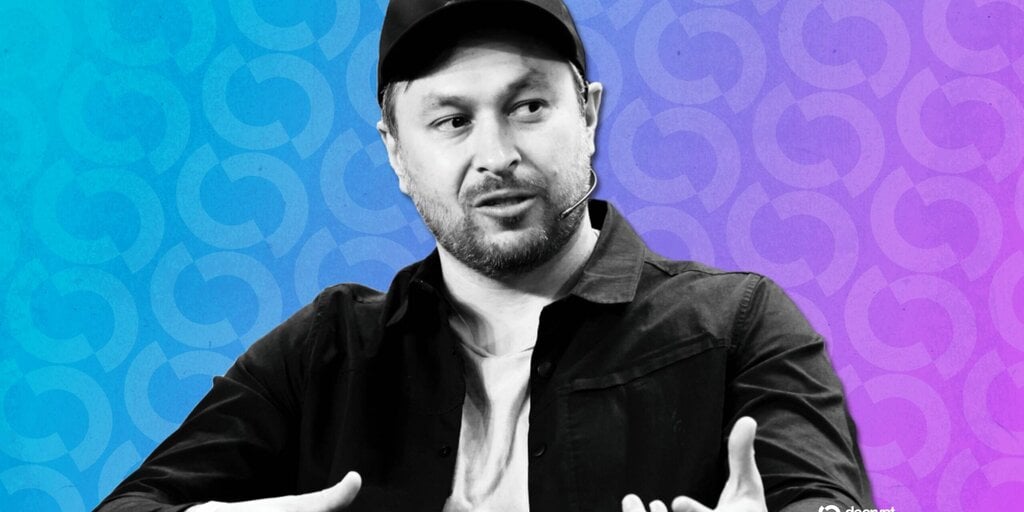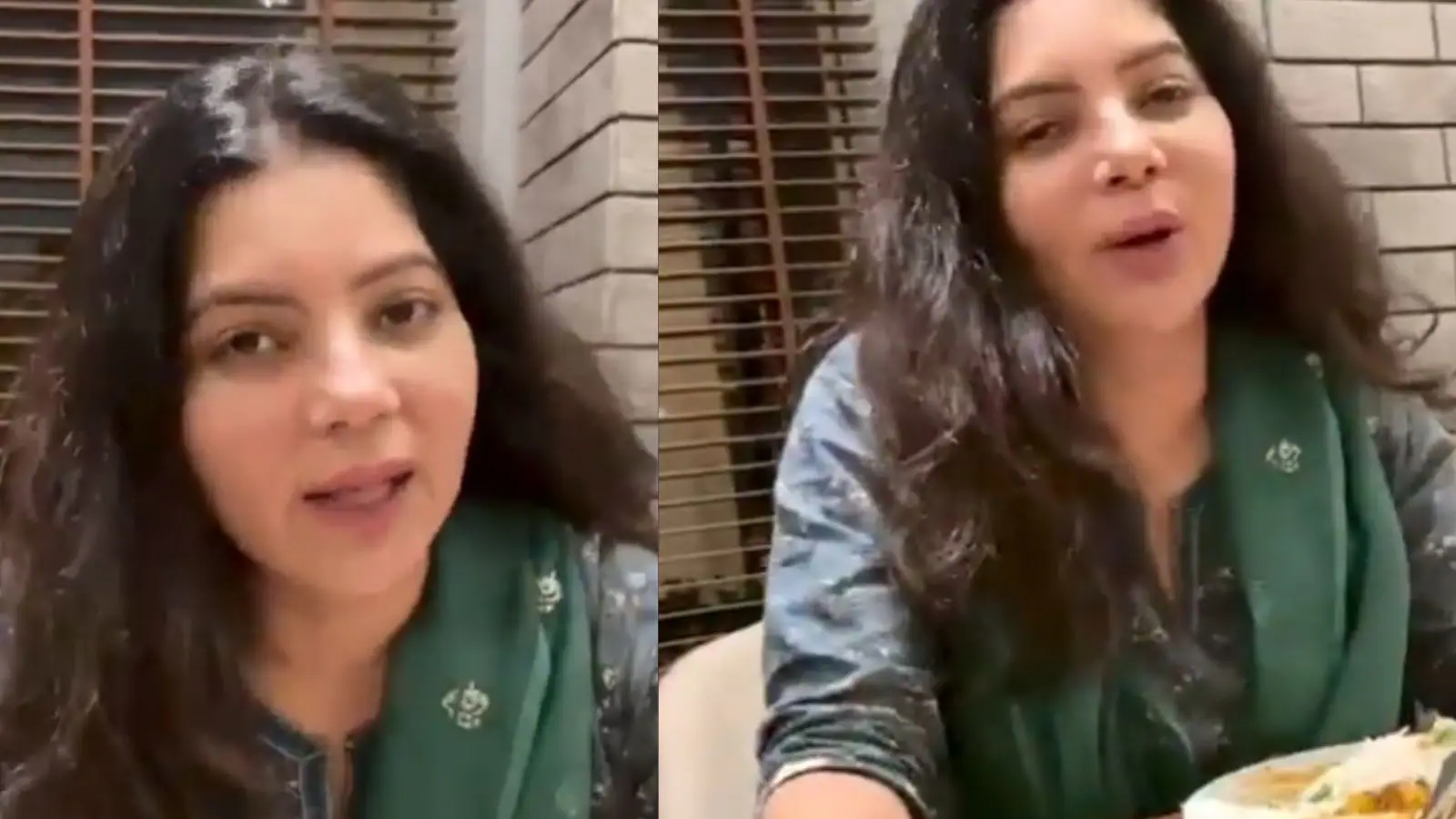Copyright Polygon

None of Weapons’ paranormal twists or gushing acts of violence spooked fans of Zach Cregger's witchy drama as much as the proposition of a prequel. After the original horror movie blew up at the box office, and the sinister auntie Gladys (Amy Madigan) lit up the meme economy, Warner Bros.’ franchise talk felt inevitable — but even Cregger has stoked the fires. “I think that the Gladys story is such an interesting story that I think it’s going to feel very separate and stand on its own two feet,” the director insisted in October. “I don’t think it’s going to diminish Weapons.” Yet the fear is real: horror history is littered with awful sequels. The 1980s’ VHS-fueled rental business ensured that any minor genre hit spawned “Part 2,” “Part 3,” and beyond, executed with little concern for quality. Many then-maligned cash-grabs have been reconsidered and reclaimed in the modern age by horror connoisseurs (see: Immaculate director Michael Mohan recently proclaiming on Letterboxd that Sleepaway Camp II: Unhappy Campers is "all killer no filler”), but many, many, many other cheap horror sequels sit in the bargain bin where they belong. The most famous franchises are not an exception; at this point, the umpteen-chapter Friday the 13th series is a parody of itself, easily aped for brand content, rather than standing as a pillar of the genre. But when I imagine the best-case scenario for a Weapons 2 (er, Gladys: Origins?), I think of the Nightmare on Elm Street movies, which, culturally, are still popular enough to justify a spiffy 4K reissue set, but squarely regarded by the masses as existing in the “done to death” Friday the 13th zone. Well, that’s society failing to see the trees for the forest. If Cregger needs a reminder on how to expand on an oblique fantasy-horror premise that used the torment of kids to prey on an audience’s primal fears, he needs to rewatch and aspire to the greatness of A Nightmare on Elm Street 3: Dream Warriors. Like Weapons, Wes Craven’s original A Nightmare on Elm Street was a massive hit. When it hit theaters in 1984, producers were immediately excited over the unlockable possibilities of its universe. Unlike with Weapons, New Line Cinema cranked out a sequel, the textually-interesting-but-just-OK Freddy's Revenge, in less than a year. This kicked off two decades of metamorphosis that saw Freddy Krueger go from razor-gloved specter to one-liner edgelord to an icon mainstreamed by merch. (Did I, in the year 2025, see a grown man dressed as notorious child-killer Freddy at an elementary-school pumpkin-patch event? I did. Did anyone care? No.) That evolution has given the dream-slayer’s series a bad rap, yet Dream Warriors is anything but more than a Xeroxed copy of Craven’s haunting first work. The “Dream” team was legit: Co-writer and director Chuck Russell (who eventually directed The Blob and The Mask) and writer Frank Darabont (who went on to direct Shawshank Redemption, The Mist, and The Walking Dead) were plucked by New Line to bring fresh eyes to the franchise, and they made it their own. Where Craven (also a credited co-writer here) treated the dream realm as a way for Freddy to stalk his victims in the safety of their own homes, Russell and Darabont saw it as a battleground where savvy kids — in this case, a group of misfit teens under the care of psychiatric ward — could face their fears and wield their own conjurations. A mix of Freddy’s brand of terror with the plights of reality, with the heroes dealing with sleep deprivation, drug addiction, and suicidal tendencies, allows the movie to slosh between a heavier message and a circus of nightmares with Sam Raimi-esque glee. The writers even find a way to bring back and center Nancy (Heather Langenkamp) from the first movie by making her a therapist who understands that Freddy isn’t just a figment of her patients’ imaginations. A clever and gory slasher movie? It’s not just for elevated horror filmmakers in the year 2025, folks. I hold the ’84 Elm Street in high regard; Freddy’s hand snatching teenage Johnny Depp down into his bed and pumping him back out as a geyser of blood was an image that burned into my brain deeper than Krueger’s melted visage. But if that first movie had been placed on a pedestal, never to be messed with again, Russell and Darabont wouldn’t have had their shot at turning Patricia Arquette into a psychic Final Girl, turning Freddy into a slobbering worm creature, or having the ghoul inhabit the body of talk-show host Dick Cavett so he could attack Zsa Zsa Gabor with his blade-fingers. While Craven gets all the credit for veering into the meta with 1994’s New Nightmare, a film that opened the door for Scream and all its mythology-twisting sequels, none of it seems imaginable without the leap of Dream Warriors. Russell and Darabont saw all the potential in Freddy, the way Cregger might see Gladys, too: When the powers are murky, and a villainous persona is exploding off the screen, there’s greater potential for a character than just a slick introduction. The way Russell and Darabont reset the rules with Dream Warriors, yes-and-ing themselves into new kill potential is exactly what horror sequels should do. Russell and Darabont also do a little of what horror sequels shouldn't do, by overexplaining how we got here in the first place. (In a plodding McGuffin chase to track down and purify Freddy Krueger’s bones!) None of the missteps really matter, because Robert Englund, who has played Freddy in all but one Nightmare on Elm Street movie, absolutely roars in that fedora. Forget masked killers or the silent bloodshed of Art the Clown — give me a showman with a blade! As much as Englund owned Krueger over the years, I can’t help but think there’s a void without Freddy in our movie theaters. The 2010 remake of A Nightmare on Elm Street was super-serious and super-dull, but if Gladys can cast a spell over modern audiences, couldn’t a newly flamboyant Freddy Krueger mount a return? Considering that Dream Warriors is a better X-Men movie than New Mutants, it’s hard to imagine there isn’t space for the mid-budget horror spectacle that comes with Russell and Darabont’s take on Nightmare on Elm Street rather than the “pure” Craven vision. Points to M3GAN and The Grabber for almost getting there. Weapons is a serious meditation on grief that revels in violence and cranks up the absurdity in its final act. I can understand why anyone would bristle at the idea of a Gladys spinoff — she is perfect as she is. If I had seen A Nightmare on Elm Street in 1984 and heard “the studio wants more Freddy,” I am sure I would've had the same reaction. But having seen Dream Warriors, I’d hate a future in which we only rehash Gladys, instead of letting some sickos take her in a brand new direction.



